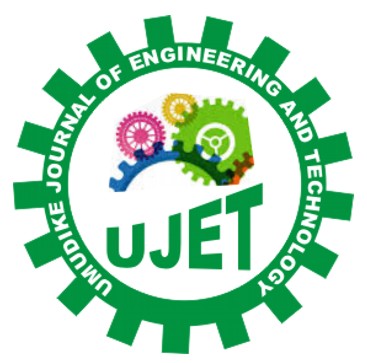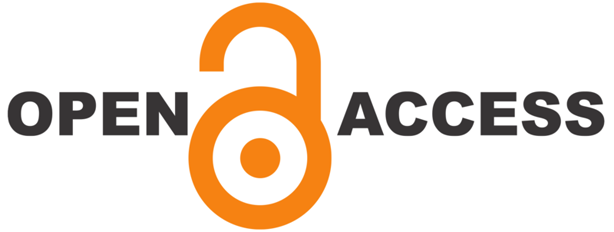|
Ugwoke, N. C.
Department of Electrical/Electronic Engineering, Michael Okpara University of Agriculture, Umudike, Abia State, Nigeria.
Obi, P. I.
Department of Electrical/Electronic Engineering, Michael Okpara University of Agriculture, Umudike, Abia State, Nigeria.
Amako, E. A.
Department of Electrical/Electronic Engineering, Michael Okpara University of Agriculture, Umudike, Abia State, Nigeria.
ABSTRACT
Rotor angle analysis of multi-machine
transient stability has been one of the major concerns of power system
engineers due to its importance in planning and operation. A power system is said to be stable or remain
in its synchronism when it is subjected to abnormal deviation or disturbance
and it returns to its normal operating condition. This paper focused on rotor
angle stability of three phase fault as it records the most severity of all the
faults. The three phase fault conditions analyzed were pre-fault, during fault
and post fault running conditions. These were simulated at the sending end,
receiving end and midpoint of the line using MATLAB/Simulink model. It was
observed that the rotor angle of the three generators were stable and
maintained synchronism at the fault clearing time (FCT) of 0.2 secs. The rotor
angle stability for generator1, 2 and 3 were 60.363˚, 23.075˚, and 23.654˚
respectively.
Keywords: Multi-machine, rotor angle, transient stability, Simulink, faults.
https://doi.org/10.33922/j.ujet_v7i1_2
|
View: 351 | Download: 28
Published
Tuesday, June 01, 2021
Issue
Vol. 7 No. 1, June 2021
Article Section
GENERAL
The contents of the articles are the sole opinion of the author(s) and not of UJET.
|


